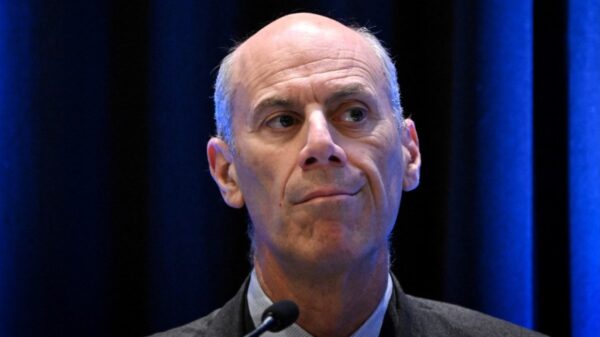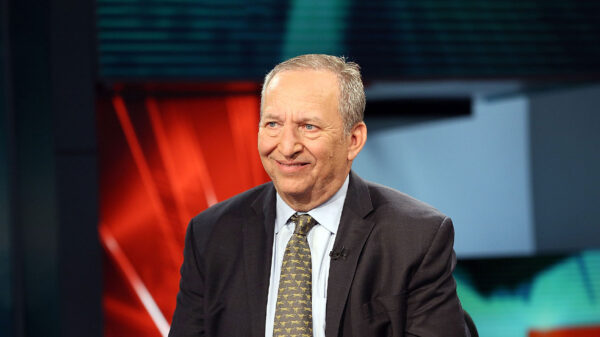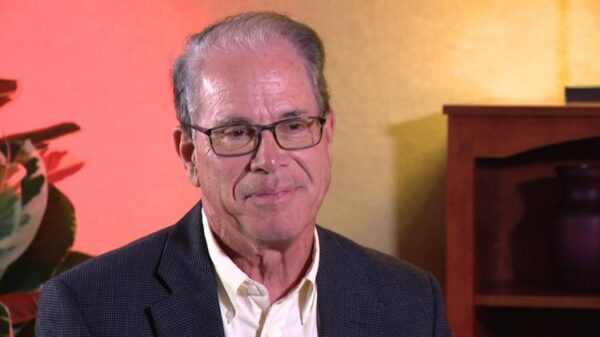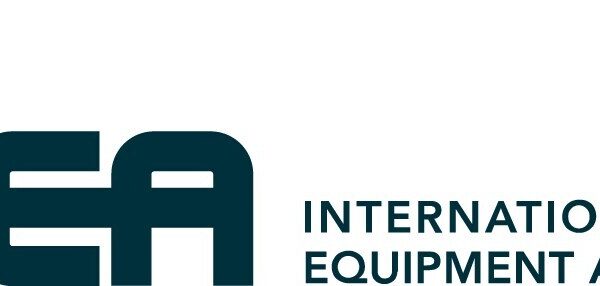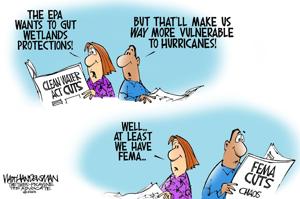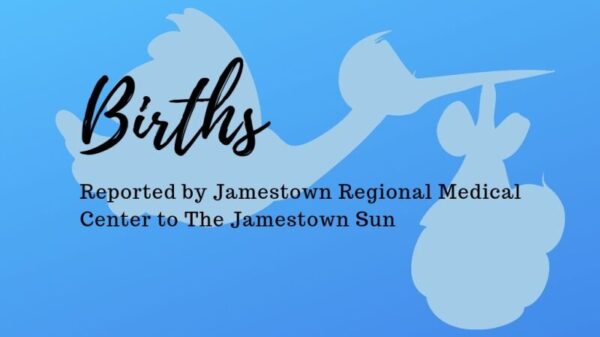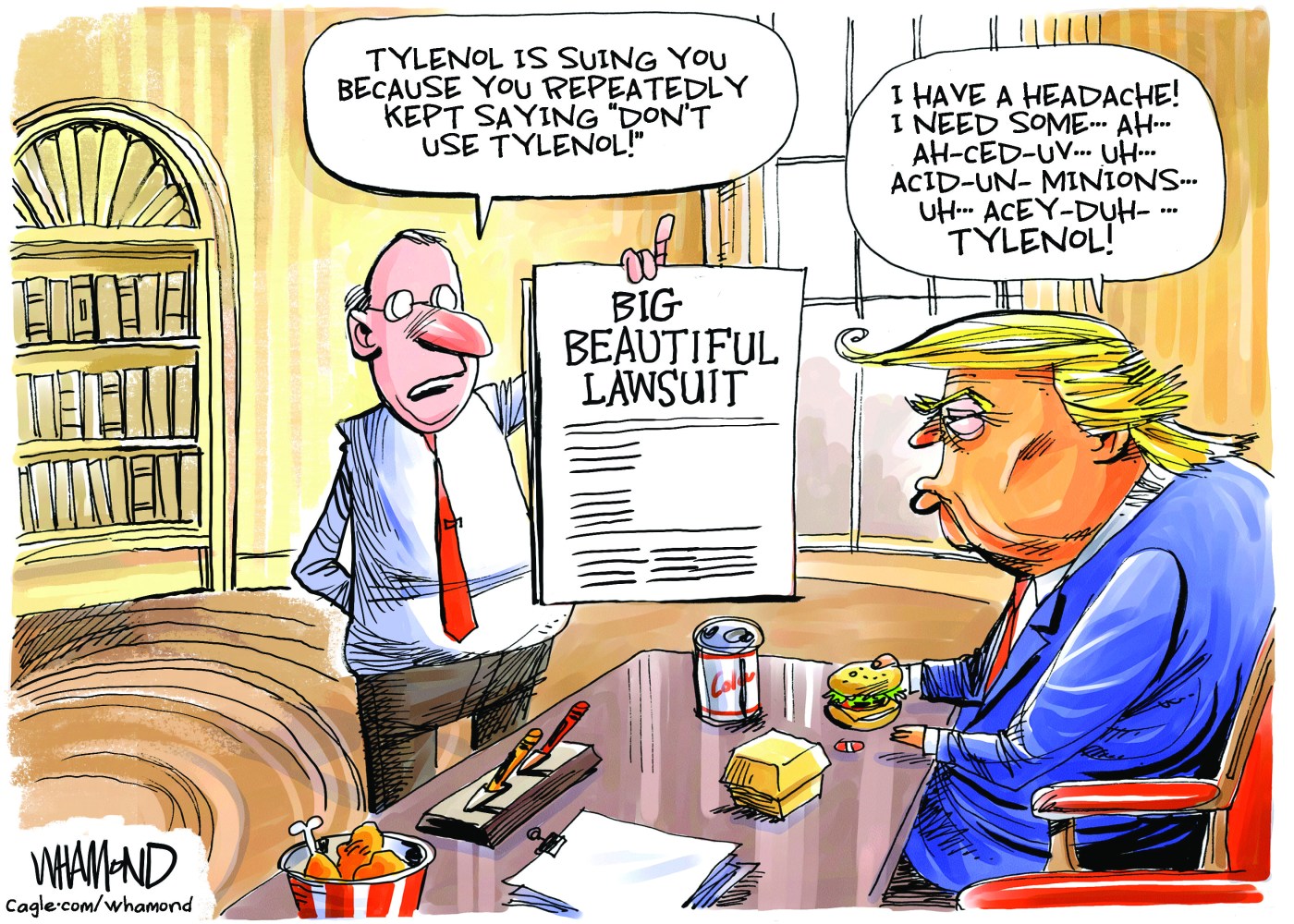The recent controversy surrounding Tylenol has sparked public discourse, compelling cartoonist Dave Whamond to weigh in with his unique perspective. Whamond’s latest cartoon, published on PoliticalCartoons.com, encapsulates the frustrations many consumers are experiencing regarding the pain relief medication.
Tylenol, a product of Johnson & Johnson, has faced scrutiny over its pricing and availability, particularly during a period when consumers are increasingly sensitive to pharmaceutical costs. The cartoon highlights the ongoing debate about the balance between corporate profits and public health needs, a topic that resonates deeply with audiences across various demographics.
Public Reaction to the Cartoon
The artwork has generated significant attention, with many praising Whamond for his ability to distill complex issues into accessible imagery. Social media platforms are abuzz with shares and comments, as users express agreement with the sentiments portrayed. The cartoon effectively mirrors a widespread feeling of frustration among consumers who feel that essential medications should be more affordable and accessible.
Whamond’s work often targets political and social issues, making his latest piece a fitting addition to his portfolio. It serves not only as a commentary on Tylenol but also reflects a broader concern regarding healthcare affordability. Many viewers have noted that the cartoon resonates with the current economic climate, where rising costs are impacting daily life.
The Bigger Picture
This dialogue regarding Tylenol underscores a critical conversation about the pharmaceutical industry and its role in society. As prices for essential medications continue to rise, patients and healthcare advocates are calling for greater transparency and accountability from companies like Johnson & Johnson.
In light of this, Whamond’s cartoon acts as a catalyst for discussion, prompting individuals to consider the implications of such pricing strategies on vulnerable populations. The healthcare landscape is changing, and public sentiment is increasingly advocating for more equitable access to medications.
As the debate unfolds, it remains to be seen how companies will respond to consumer concerns. For now, cartoons like Whamond’s serve an important role in shaping public opinion and fostering dialogue about crucial health issues that affect millions worldwide.






